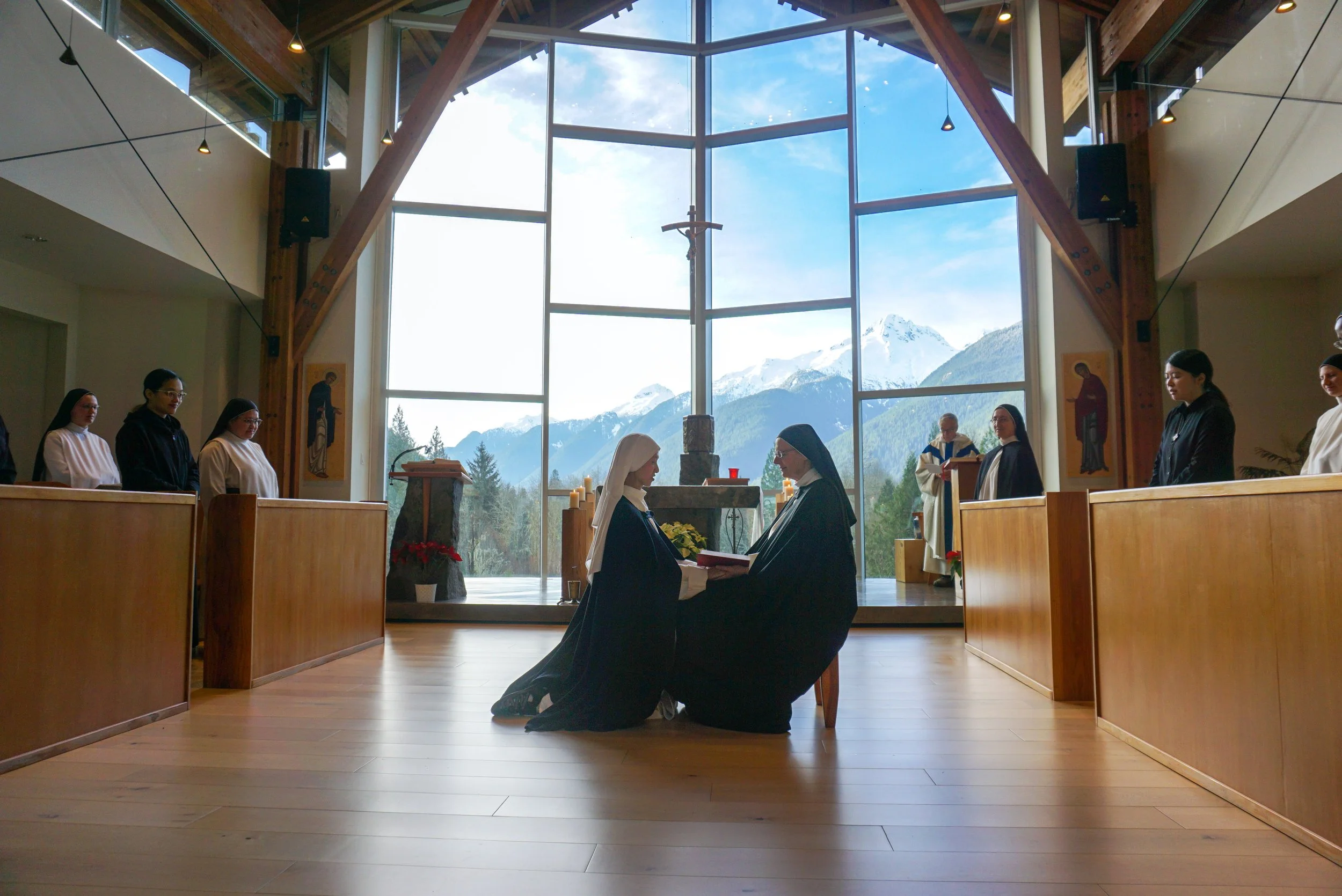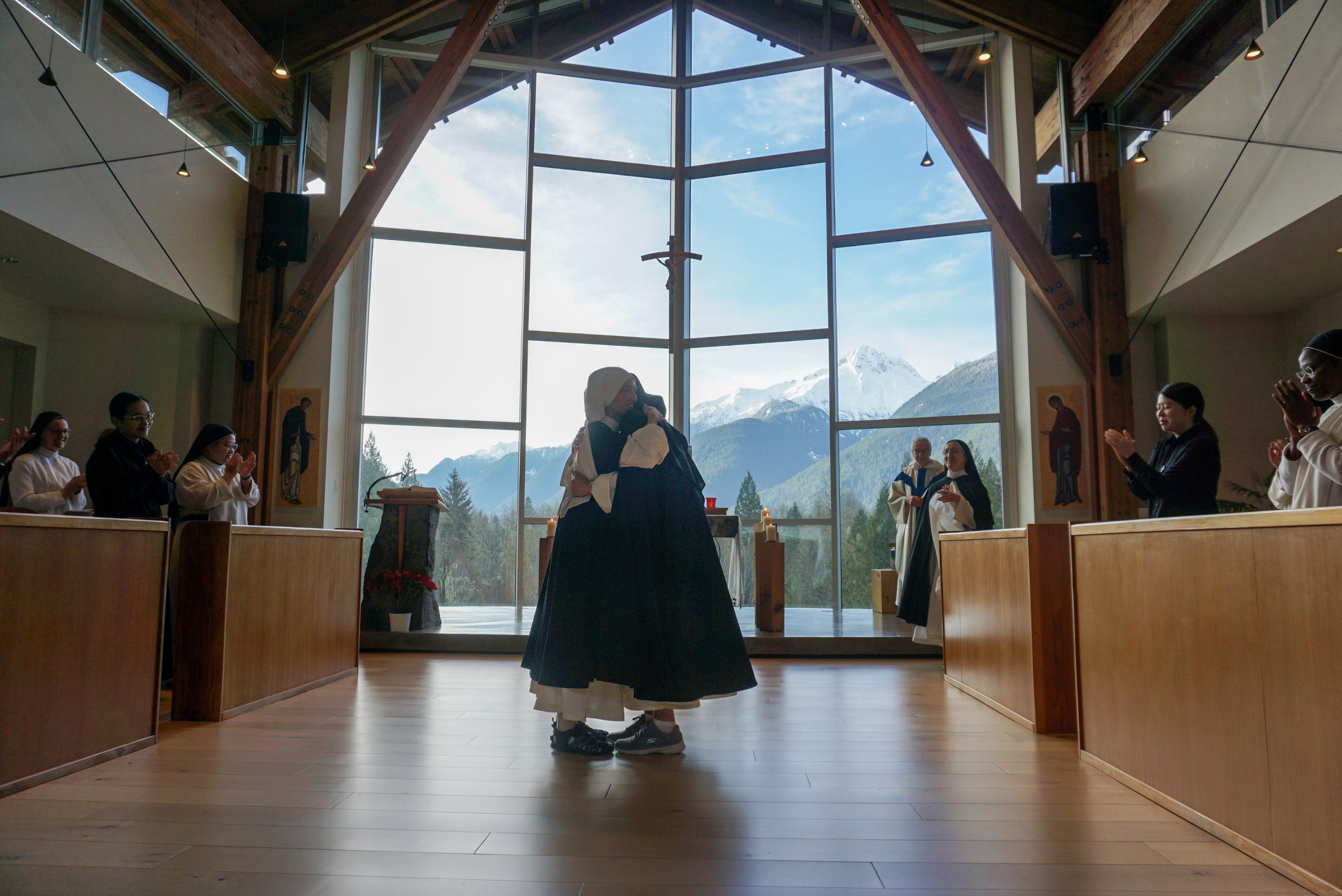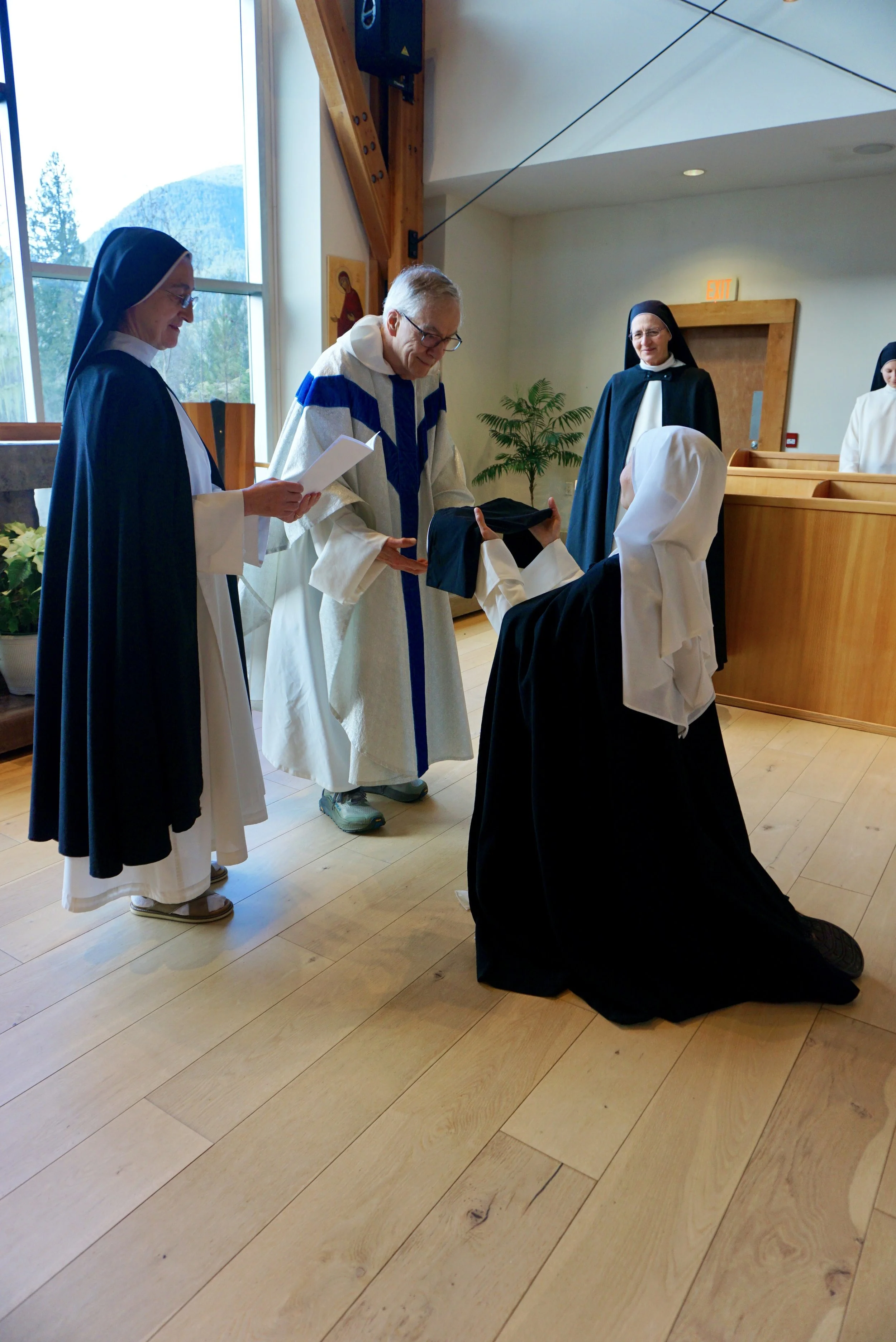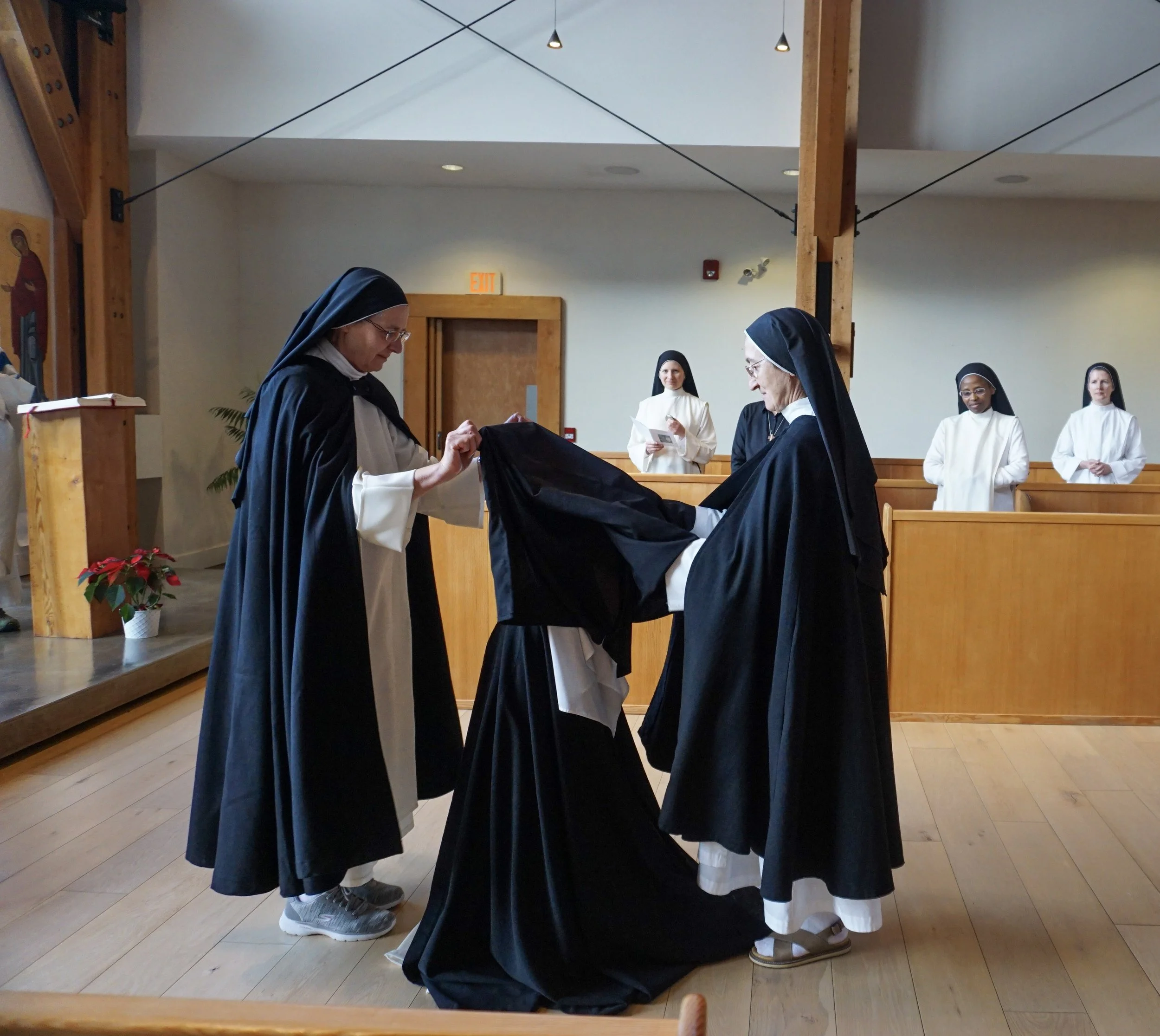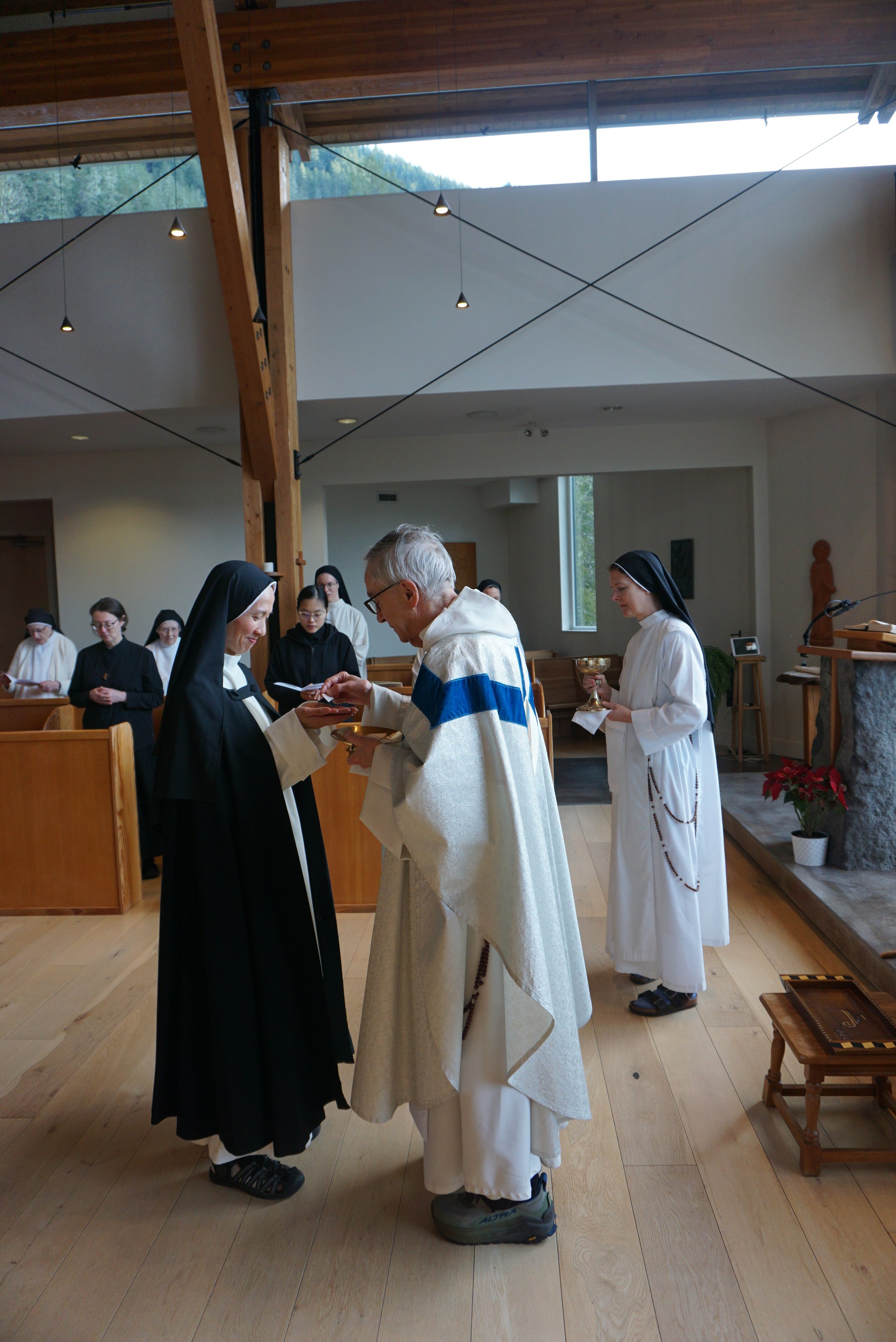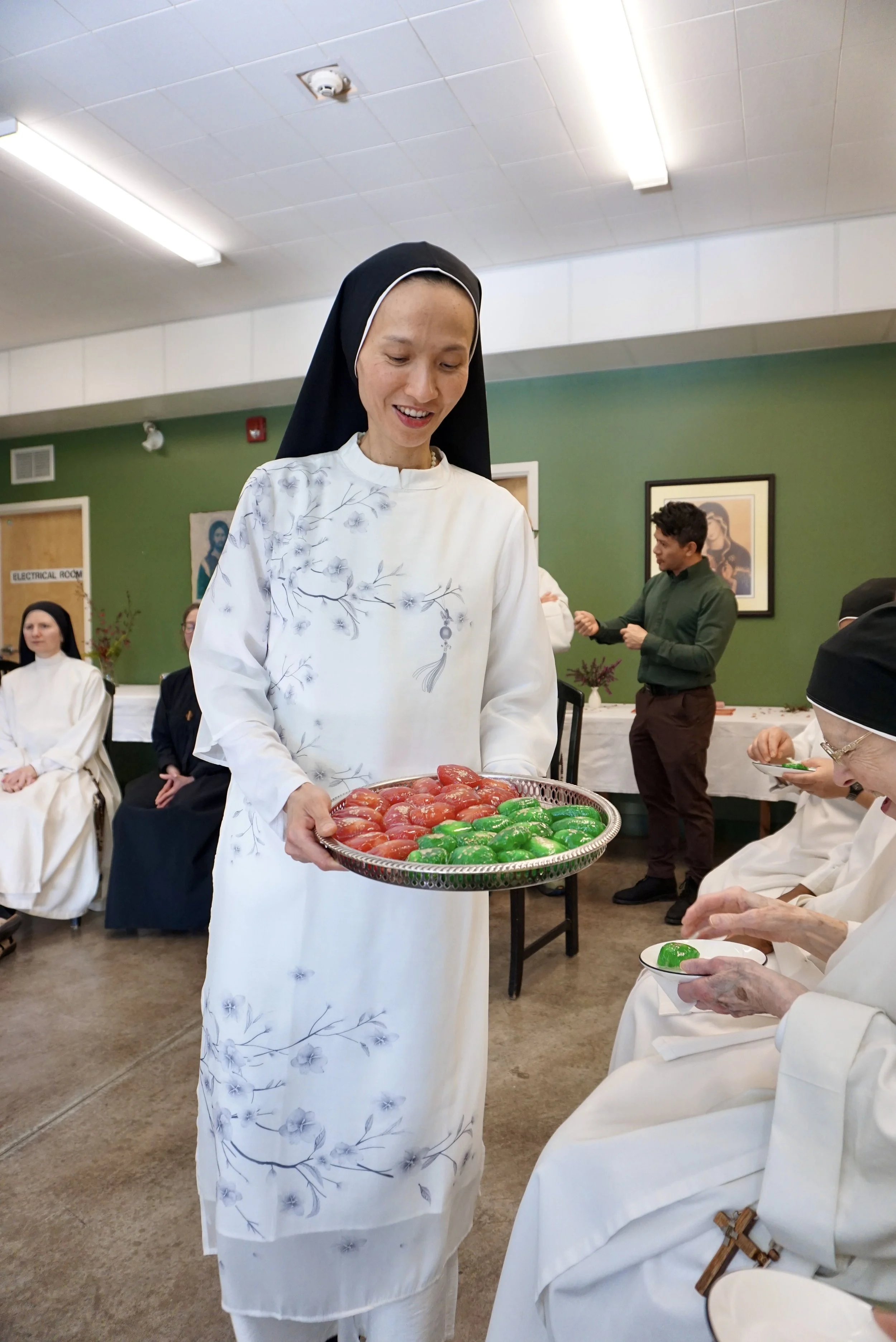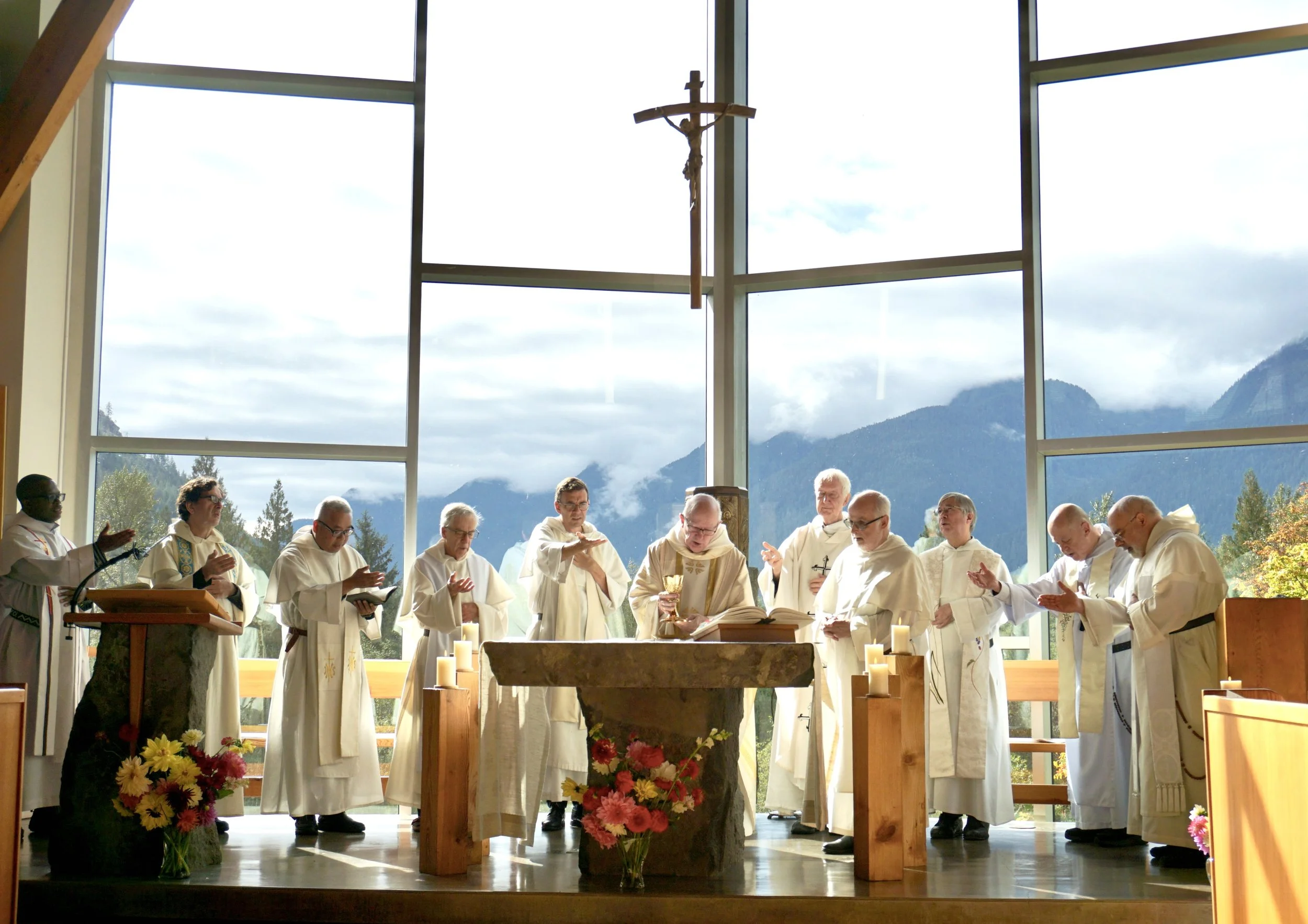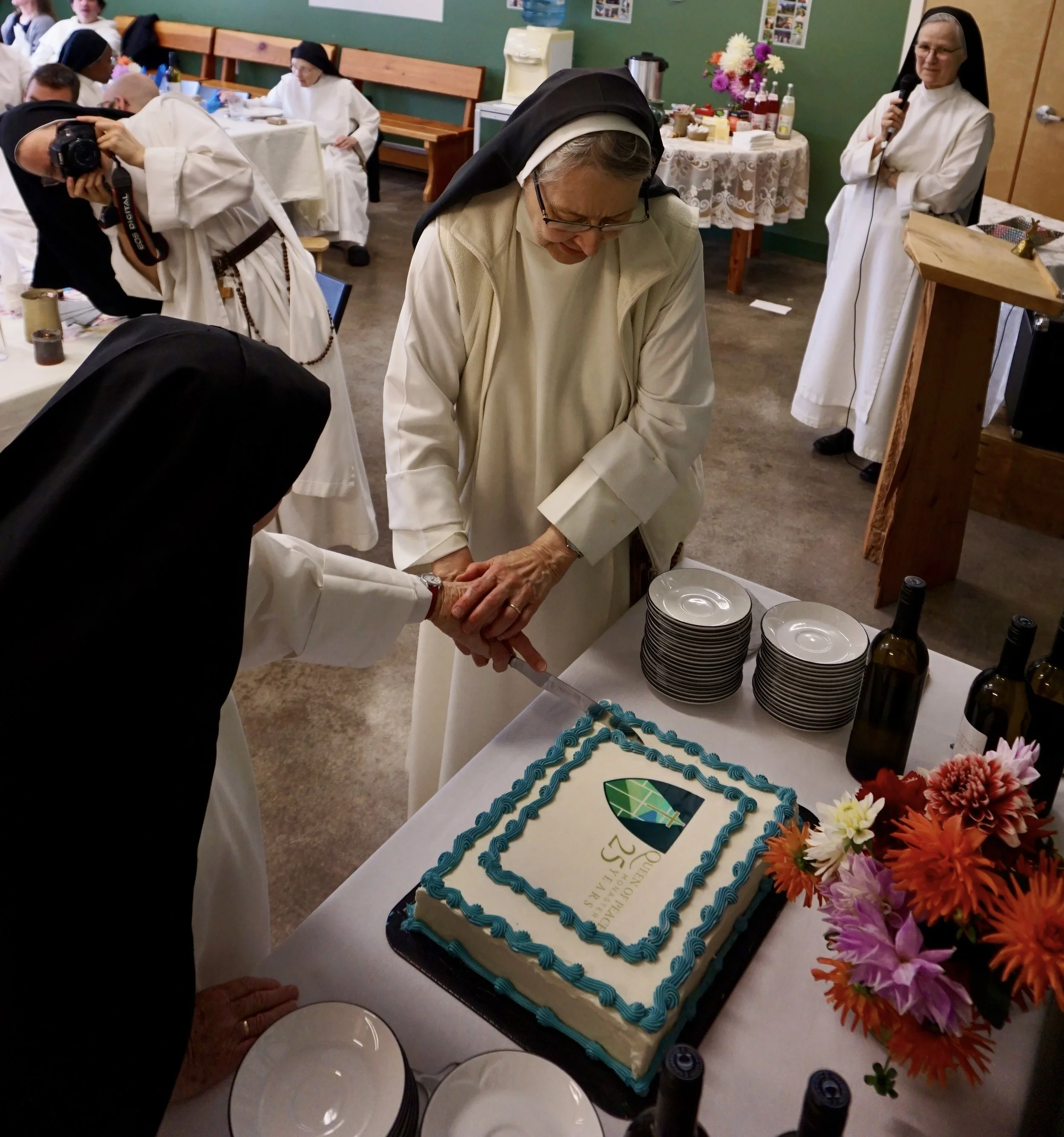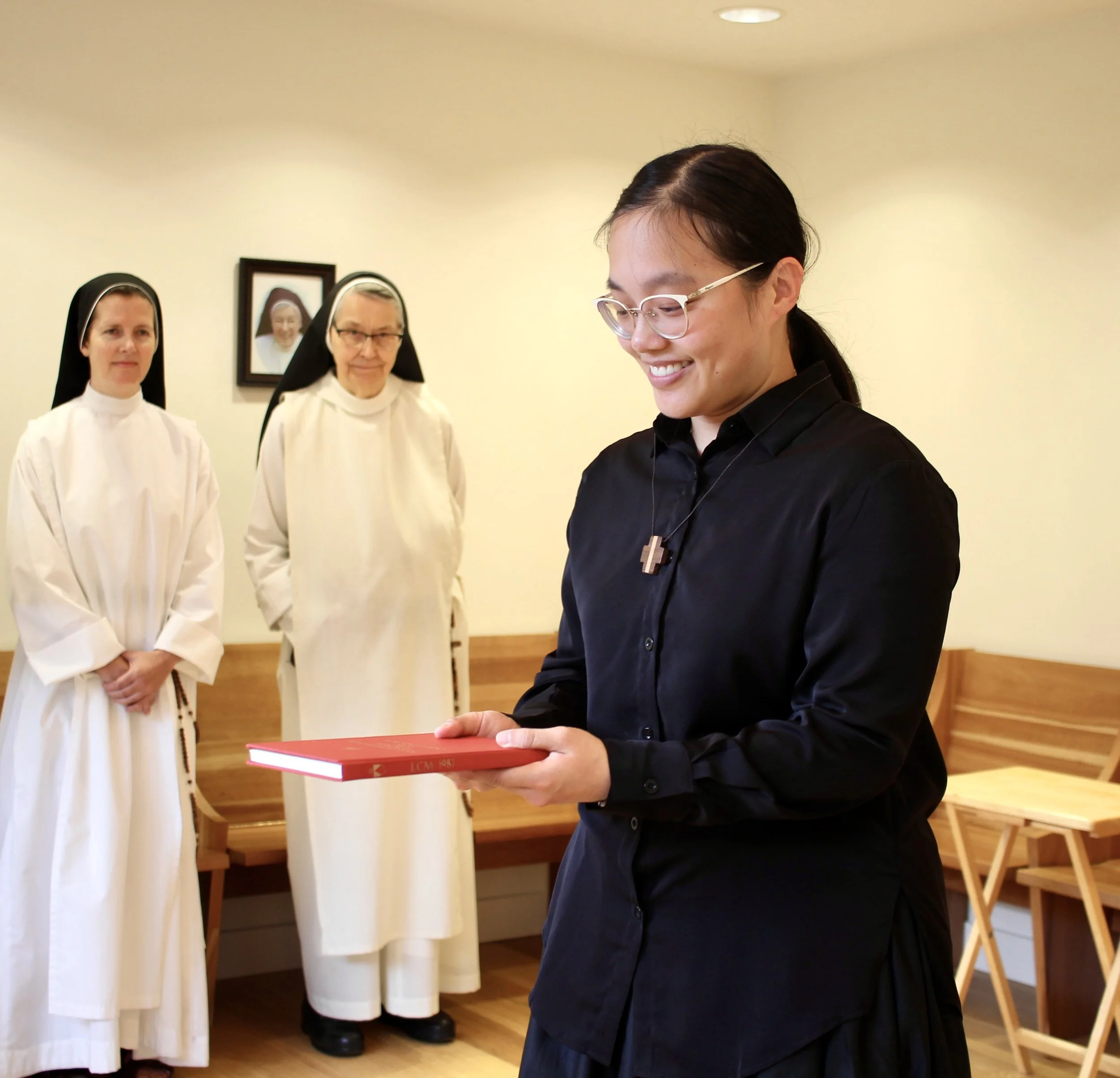Dear friends,
As we follow Jesus into the wilderness for the next 40 days of prayer and fasting, this Lenten season also invites us to reflect on what “wilderness” means to us personally. For some, the idea brings to mind epic mountains, wild ocean, or the deep mossy quiet of old growth forest. For others, a wilderness might be any place outside the landmarks of daily life. In truth, a wilderness can be anyplace that calls us beyond ourselves to encounter wonder, risk and a deeper need for trust.
In the Gospel for the first Sunday of Lent, Matthew tells us that Jesus was “led by the Spirit into the ἔρημον (eremon),” a Greek word that can mean wilderness, desert or deserted place. It shares the same root as the word eremites, or desert dwellers, from which we get the modern English word “hermit.” For the first monks and nuns of the Egyptian desert, the wilderness was a privileged place to seek God—and, along the way, to encounter themselves. Lent invites us, too, into this interior desert, where the “Word of God is living and active” (4:12). In the midst of daily life, we can renew the adventure of encountering the Lord, and genuinely seek to listen to Him in silence. And, like Elijah, we might find that the “still, small voice” calls us to follow in ways we never could have imagined (1 Kg 19:11).
In our own little wilderness of the Upper Squamish Valley, we recently had the great joy of watching two of our sisters take the next steps forward into Dominican contemplative life. On Our Lady of Lourdes, February 11, Sr. Dominica Maria of the Lamb of God celebrated her first profession of vows for three years. The ceremony took place during a beautiful Mass offered by our chaplain, fr. Pierre Leblond. A small group of sister’s family and friends who live in Canada were able to join us for the occasion. Afterwards, we shared cake together, along with a traditional Vietnamese sweet called Bánh Phu Thê (Husband and Wife Cake) which is often served as part of formal engagements and weddings.
Earlier this year, on Epiphany, we were delighted to celebrate the entrance of postulant Genevieve. Like the Magi, she came from “afar” (aka Ottawa), travelling over “field and fountain, moor and mountain, [through blizzards]” to arrive safe and sound just in time for the feast. With one journey complete, the next journey begins: following Jesus in the footsteps of St. Dominic. Amen!
Finally, as our community enters Lent, we are also preparing for some unexpected construction. The autumn rains this year damaged our emergency exit bridge over Pilchuk Creek, creating a sinkhole that now reaches down to the water below. Although the bridge is still structurally sound, it requires resurfacing and significant repairs to ensure safe vehicle access — especially for emergency services when our main driveway is flooded — as well as continued access to our hydroelectric building. Alongside other projects planned for later this spring, this is an unseen and not entirely welcome expense. Still, we trust in the providence of God to help us undertake the necessary work. Please join us in praying to St. Joseph, who has always been generous in helping us to meet the occasional challenges of actually dwelling in the wilderness!
As always, w are deeply grateful for your friendship, and pray that the Lord may make the next 40 days a time of grace, peace and holy adventure. While we journey through this Lenten wilderness, please be assured of our daily prayers for you and your loved ones.
God bless,
your sisters at Queen of Peace Monastery


